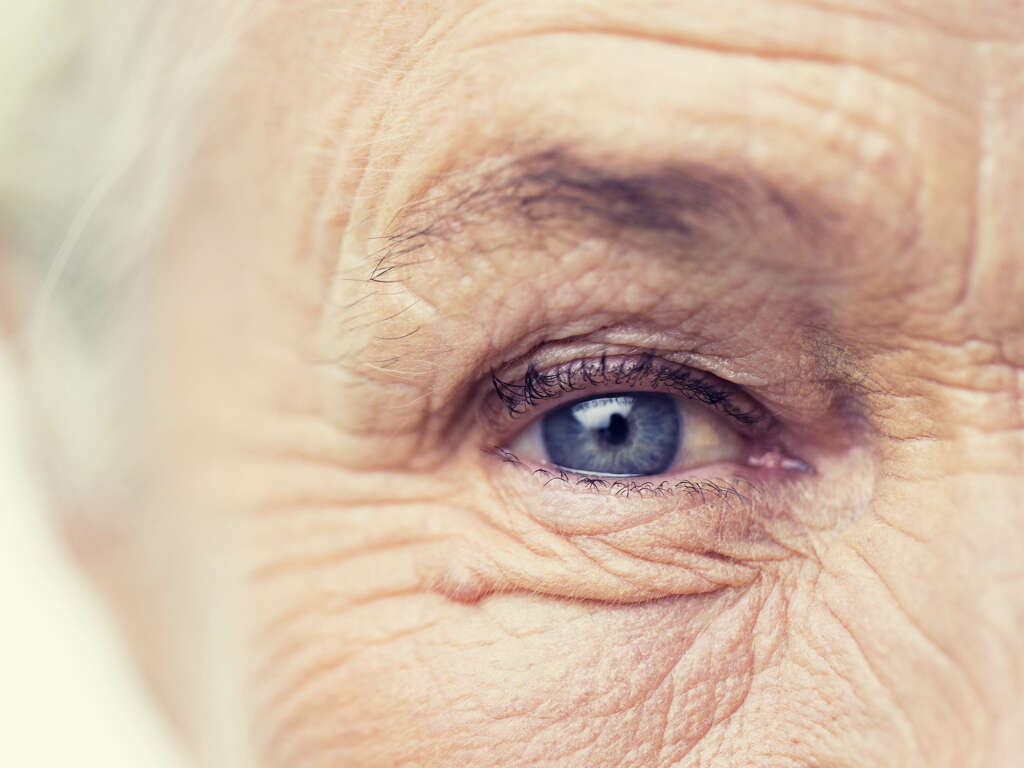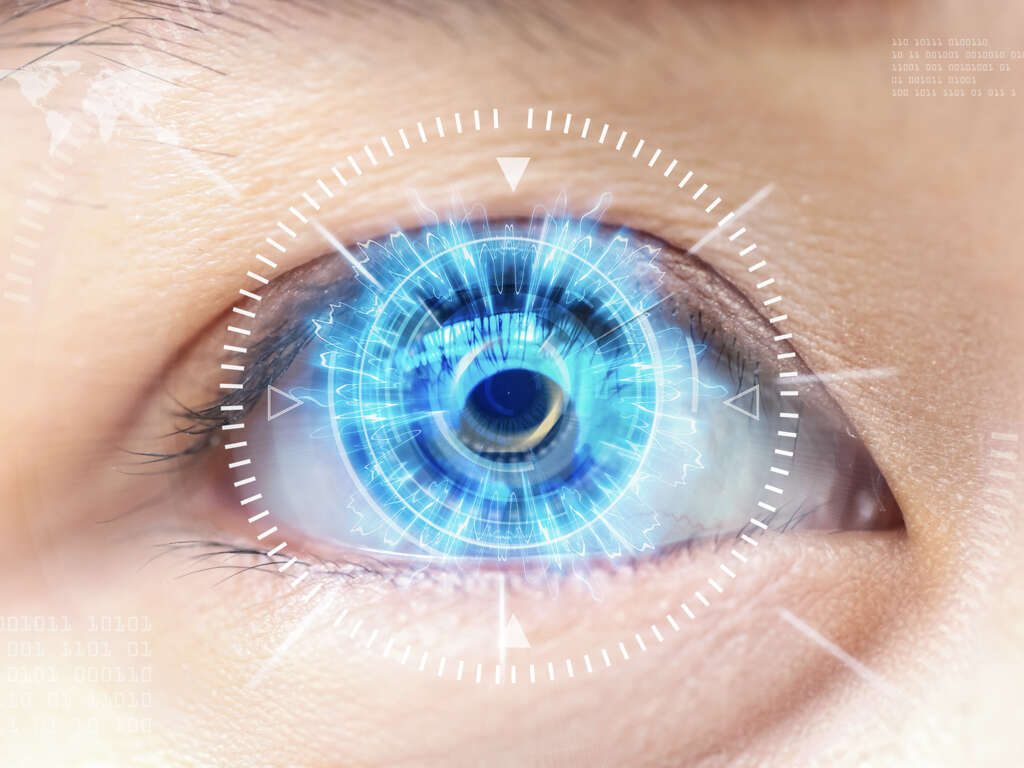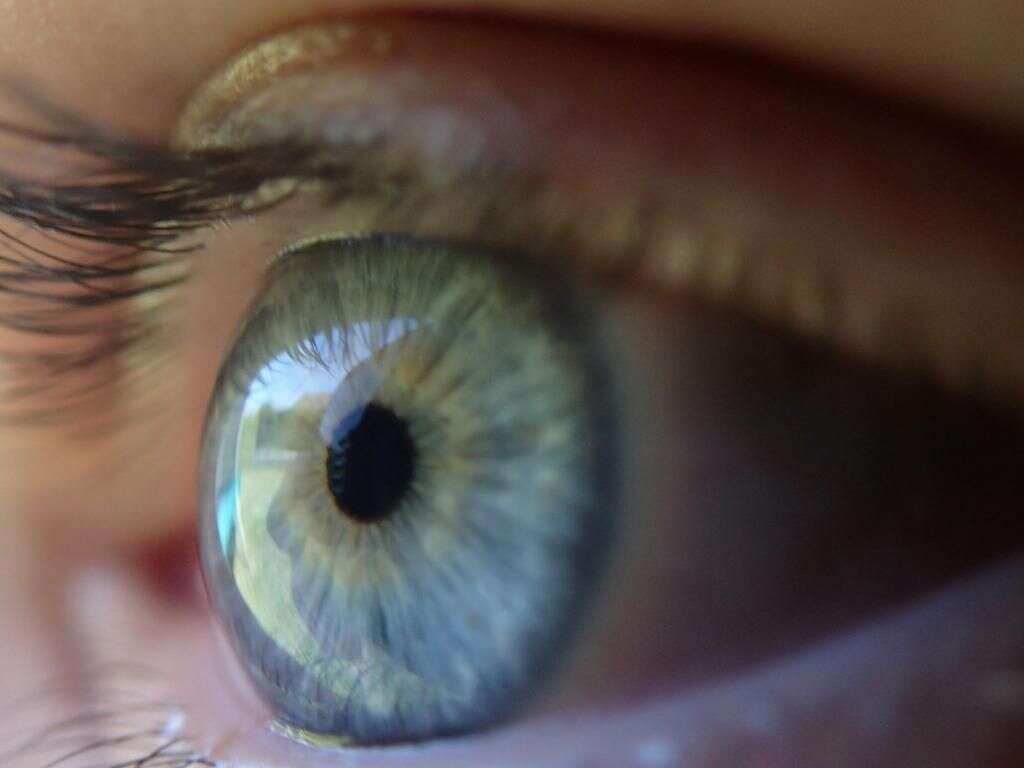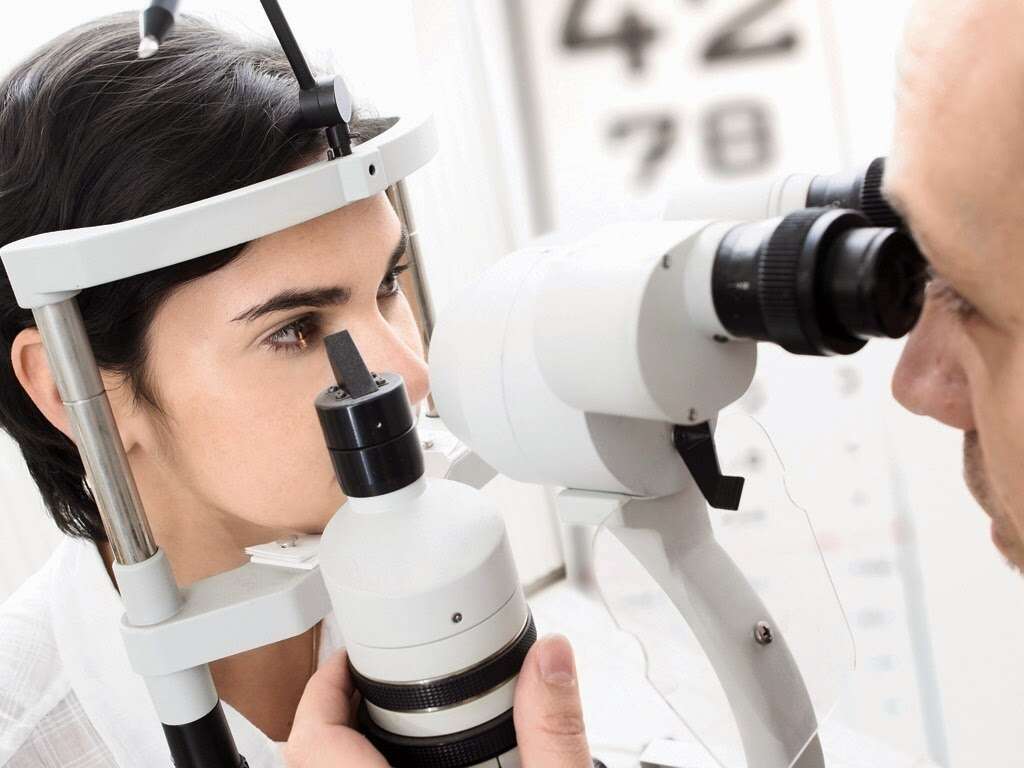10 Nystagmus Symptoms
 Article Sources
Article Sources
- 1. 'Shedding Light on Photophobia.' PubMed Central (PMC), www.ncbi.nlm.nih.gov/pmc/articles/PMC3485070/
- 2. 'Nystagmus.' Johns Hopkins Medicine, Based in Baltimore, Maryland, www.hopkinsmedicine.org/health/conditions-and-diseases/nystagmus
- 3. 'Nystagmus.' RNIB - See Differently, 24 Mar. 2021, www.rnib.org.uk/eye-health/eye-conditions/nystagmus
- 4. 'Nystagmus.' www.aoa.org/healthy-eyes/eye-and-vision-conditions/nystagmus'sso=y
- 5. Huizen, Jennifer. 'Oscillopsia: Causes, Symptoms, and Treatment.' Medical and Health Information, www.medicalnewstoday.com/articles/327484
- 6. Young Woman Presents with Intermittent Diplopia and Nausea. Healio: Medical News, Journals, and Free CME, www.healio.com/news/ophthalmology/20190822/young-woman-presents-with-intermittent-diplopia-and-nausea
- 7. McNamara, Lindsay. 'Nystagmus | Johns Hopkins Vestibular Disorders Center.' Johns Hopkins Medicine, Based in Baltimore, Maryland, 9 Oct. 2019, www.hopkinsmedicine.org/neurology/neurosurgery/centers/clinics/vestibular/conditions/nystagmus.html
Dizziness
Nystagmus may be related to an issue in the vestibular system of the inner ear. In these circumstances, dizziness is a common symptom. Dizziness that makes the person feel as though they're about to faint is commonly associated with decreased cerebral blood flow rather than nystagmus.
When dizziness is associated with the vestibular system, it's commonly characterized as lightheadedness or disorientation. In these situations, the person may also appear to be uncoordinated or have balance difficulties.
Advertisement









